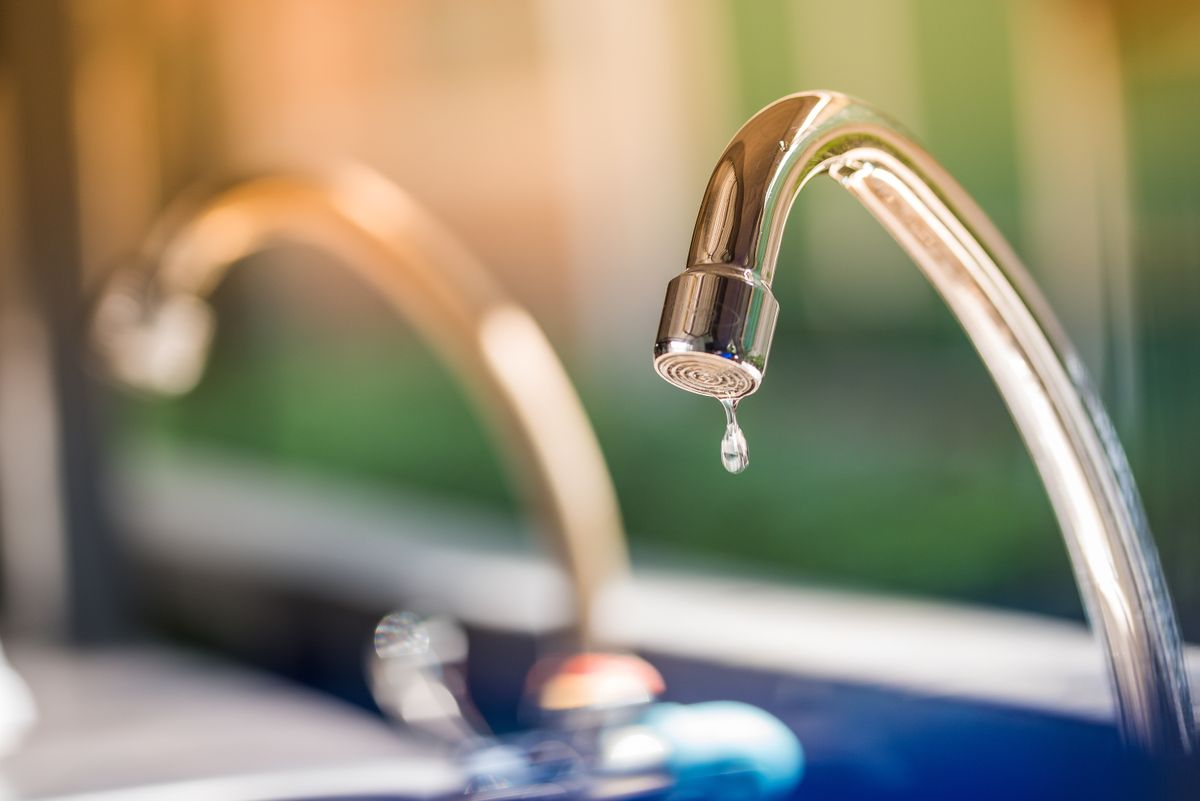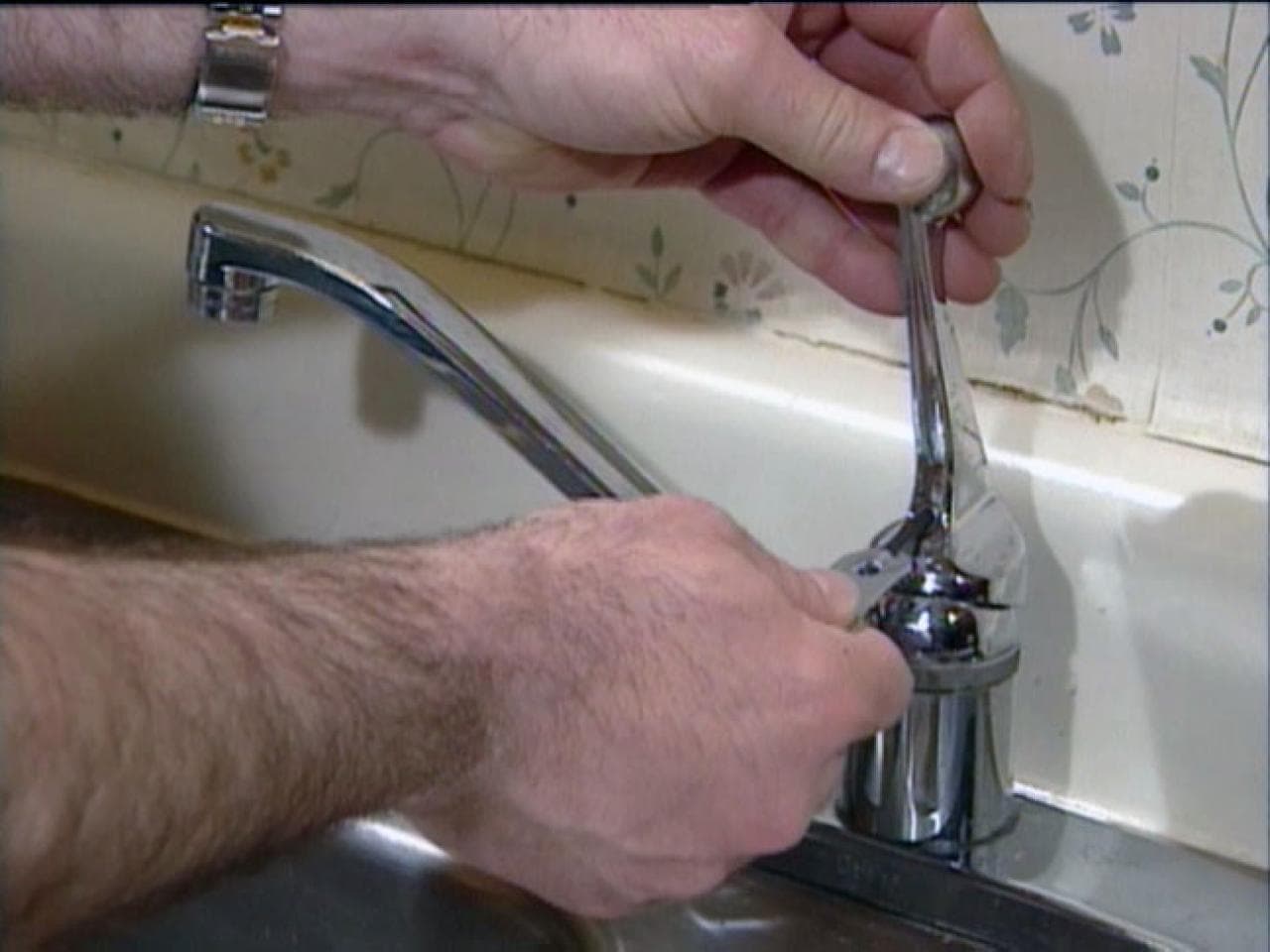The Significance of Addressing a Malfunctioning Faucet
The Significance of Addressing a Malfunctioning Faucet
Blog Article
How do you feel when it comes to Should I Repair or Replace a Leaky Faucet??

Trickling taps could seem like a small inconvenience, however their effect surpasses simply the annoyance of the noise. From wasting water to incurring unneeded financial expenses and wellness threats, neglecting a leaking tap can result in different consequences. In this post, we'll look into why it's critical to address this common house issue quickly and efficiently.
Wastefulness of Water
Ecological Impact
Leaking taps add substantially to water wastage. According to the Epa (EPA), a single faucet trickling at one drip per second can squander more than 3,000 gallons of water each year. This not only stress water resources yet likewise affects ecological communities and wildlife dependent on them.
Financial Prices
Boosted Water Expenses
Beyond the environmental effect, trickling faucets can inflate water expenses considerably. The collected wastefulness gradually equates right into greater utility costs, which might have been stayed clear of with prompt repair work.
Prospective Residential Property Damages
Additionally, extended leaking can lead to damage to components and surfaces surrounding the tap. Water accumulation can create discoloration, deterioration, and also structural issues if left neglected, leading to added repair expenses.
Wellness Problems
Mold And Mildew and Mold Growth
The consistent existence of wetness from a trickling tap produces an optimal atmosphere for mold and mildew growth. These fungi not just endanger interior air high quality but also position health and wellness risks, specifically for individuals with respiratory system problems or allergic reactions.
Waterborne Diseases
Stagnant water in dripping taps can come to be a breeding ground for bacteria and other virus, raising the threat of waterborne illness. Contaminants such as Legionella bacteria grow in stagnant water, possibly leading to significant ailments when consumed or breathed in.
Do it yourself vs. Specialist Repair
Pros and Cons of DIY Fixing
While some might attempt to take care of a dripping faucet themselves, do it yourself repairs include their very own set of obstacles. Without correct expertise and tools, DIY efforts can exacerbate the issue or lead to incomplete repairs, extending the problem.
Benefits of Working With a Specialist Plumber
Hiring a professional plumber makes certain that the underlying source of the dripping tap is resolved efficiently. Plumbings possess the competence and devices to identify and repair faucet issues successfully, saving time and minimizing the risk of more damage.
Step-by-Step Guide to Dealing With a Dripping Faucet
Tools Called for
Before trying to fix a dripping faucet, gather the required devices, consisting of an adjustable wrench, screwdrivers, replacement parts (such as washers or cartridges), and plumber's tape.
Common Tap Issues and Their Solutions
Recognize the kind of faucet and the specific concern causing the drip. Typical problems include worn-out washing machines, rusty valve seats, or defective O-rings. Describe manufacturer instructions or on-line tutorials for detailed guidance on repairs.
Safety nets
Routine Upkeep Tips
To prevent dripping faucets, do routine upkeep such as cleansing aerators, examining for leakages, and replacing worn-out components immediately. Furthermore, consider installing water-saving gadgets or upgrading to extra effective fixtures.
Importance of Prompt Services
Addressing leaking faucets as quickly as they're observed protects against additional water wastage and potential damage, eventually conserving both water and cash over time.
Effect On Residential Or Commercial Property Value
Understanding of Well-Maintained Residential Property
Maintaining a home in good condition, consisting of addressing upkeep issues like trickling faucets, boosts its perceived value and charm among possible buyers or renters.
Influence on Resale Worth
Features with well-kept plumbing components, consisting of faucets, command higher resale worths in the property market. Attending to leaking faucets can add to a positive impression during residential property examinations and negotiations.
Environmental Duty
Specific Contribution to Preservation
Taking obligation for repairing dripping faucets straightens with wider efforts towards water conservation and ecological sustainability. Every individual's actions collectively make a substantial influence on protecting priceless sources.
Sustainable Living Practices
By prioritizing timely fixings and taking on water-saving behaviors, people contribute to lasting living techniques that profit both present and future generations.
Verdict
Addressing a dripping tap goes beyond mere ease; it's a crucial step toward saving water, reducing monetary costs, and protecting wellness and property. Whether with do it yourself repairs or professional assistance, acting to repair dripping taps is a tiny yet impactful way to advertise liable stewardship of resources and add to a healthier, more lasting future.
How to Fix a Leaky Faucet: Step-by-Step Repair Guide
A leaky faucet may seem like a simple annoyance, but if it's not fixed promptly, that leak could cost hundreds to potentially thousands. From water damage to mold, mildew, and high water bills, even a tiny leak can be catastrophic if left unattended. Damage like this can even affect the overall value of your home, so it's important to take the right approach for leaky faucet repair. You may need the help of a plumber in some cases, but we've got a few tips you can try on how to fix a leaky faucet before calling the pros.
Four Faucet Types
When you're learning how to fix a leaky faucet, the first step is knowing what kind of faucet you're working with! There are four common types.
Cartridge Faucets
Cartridge faucets come in one- or two-handled varieties. In one-handled cartridge faucets, hot and cold water combines in a single cartridge. In the two-handled versions, hot and cold water are controlled separately and mixed in the faucet.
Ball Faucets
Ball faucets have a single lever you push up and down to adjust the pressure and rotate to change the temperature. A slotted metal ball controls the amount of water allowed into the spout.
Compression Washer Faucets
They're the oldest type of faucet, but they're still used in many homes — especially older ones. Compression faucets have two separate handles that, when turned, raise or lower the washer that seals a water valve. This valve stops water from flowing through the faucet when it is turned off.
Disc Faucets
Disc faucets rarely need to be repaired due to their maintenance-free design. The water flow is controlled by two discs — the upper one raises and lowers against a fixed lower disc, creating a watertight seal. If your disc faucet starts leaking, you may need to replace the seals or clean residue buildup from the inlets.
Fixing a Leaky Faucet
Step 1: Turn Off the Water
Whether you're learning how to fix a leaky bathtub faucet or how to fix a leaky kitchen faucet, always turn off the water supply to your working area when you're fixing a leak. The last thing you want is a flood added to your list of things to fix.
Look for the shutoff valves below your sink or around the tub and turn them clockwise to stop the water flow. If your faucet doesn't have shutoff valves, you may need to turn off the water for the whole house. Check to make sure it's off by turning the faucet on. If nothing comes out, you're ready to start the repair.
Step 2: Take Apart the Faucet
How you disassemble your faucet depends on the type of fixture you have. You can use a flathead screwdriver to remove the caps on top of the handle or handles for cartridge and compression faucets. Inside, you should see handle screws. Unscrew these with a screwdriver to remove the handle.
Disc- and ball-style faucets will typically have an inlet screw near the handle, and removing that will reveal the interior of the faucet.
Detach the Valve Stem
For cartridge- and compression-style faucets, you'll see the inner valve stem or cartridge once you remove the faucet handles. If you have a compression faucet, unscrew the brass valve stem. If you have a cartridge faucet, pull out the cartridge. If your cartridge has been in place for a while, it may require some tools or extra force to remove it due to mineral deposits.
Examine and Replace Parts
Once you've removed the parts, check them out to confirm what needs to be replaced. You may see corroded rubber washers, O-rings, stems, or cartridges. On a ball-style faucet, check the seats and springs for damage.
If you need to repair a leaky disc faucet, check the inlet and seals on the lower disc.
Once you determine what parts must be replaced, visit your local hardware store. Bring the damaged parts with you to ensure you can purchase the correct components to replace them.
Clean Valves and Faucet Cavity
If you've removed a stem or cartridge, you may notice mineral buildup in the faucet's threads. Use white vinegar to clean the valve seat by soaking it for a few minutes, then scrub it away with a soft toothbrush and rinse with warm water. You can also clean the interior of the faucet in the same way.
Reassemble the Faucet
Once your faucet is cleaned and the required parts have been replaced, it's time to reassemble it. Put the pieces back together and slowly turn the water supply back on. Doing this slowly is crucial because too much initial water pressure can damage the new hardware you've just installed.
https://homewarranty.firstam.com/blog/how-to-fix-leaky-faucet

I'm just very inquisitive about Why Are My Faucets Dripping (And Can I Fix It Myself)? and I am assuming you liked the entry. Loved our entry? Please quickly share it. Let someone else discover it. Thank-you for taking the time to read it.
Report this page